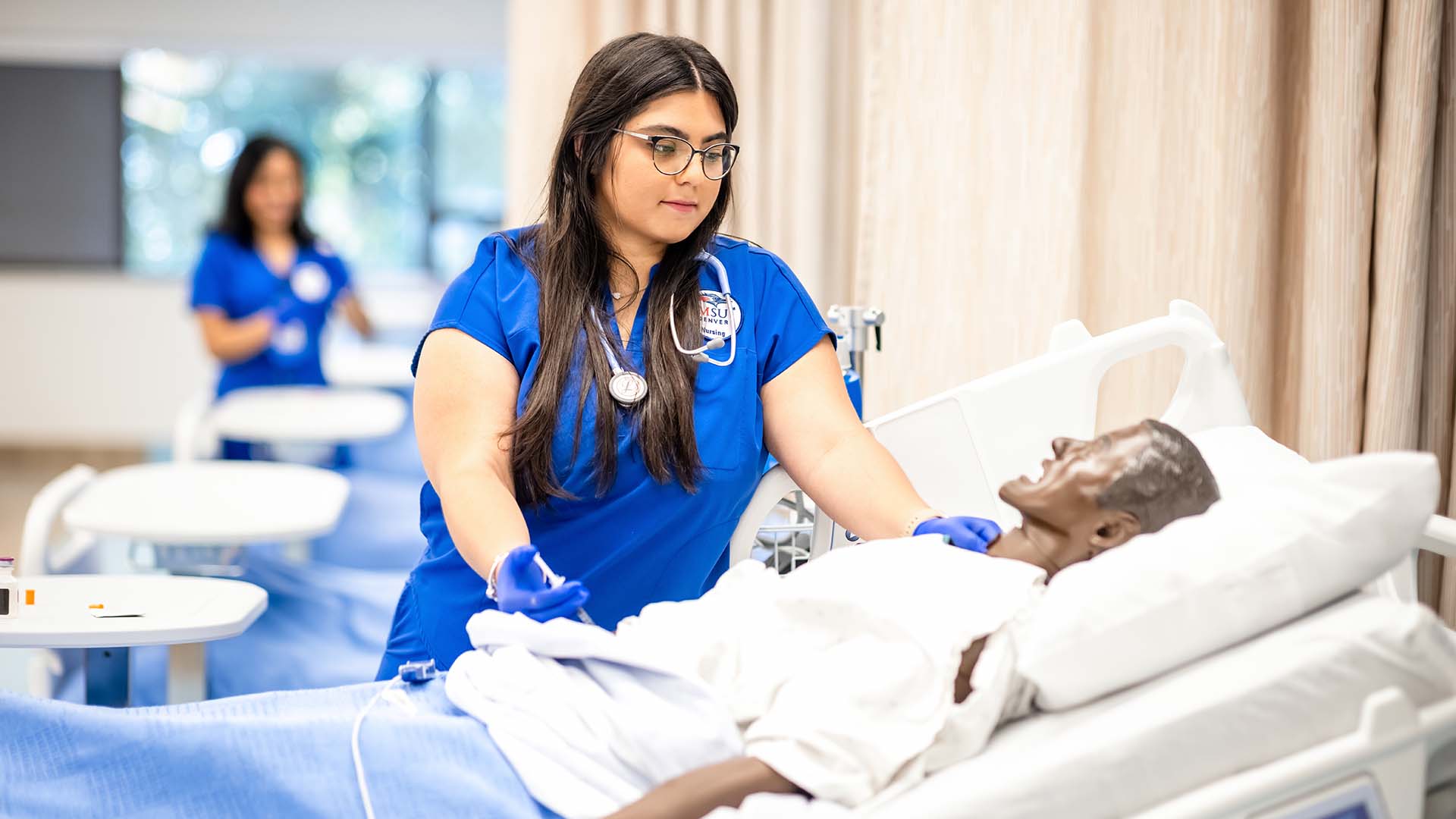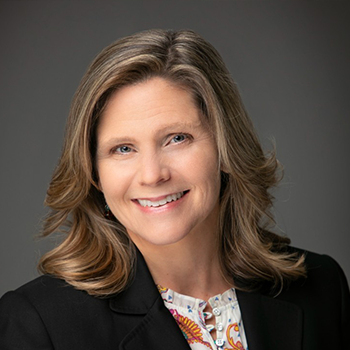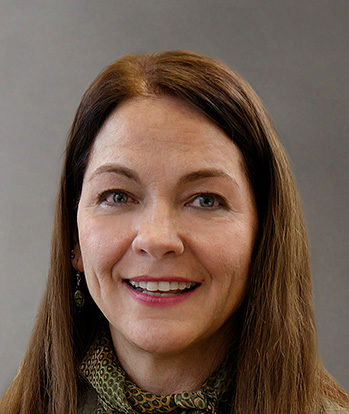Apprenticeship opens doors for aspiring social workers
First-in-the-nation pilot program helps address Colorado’s shortage in behavioral health.
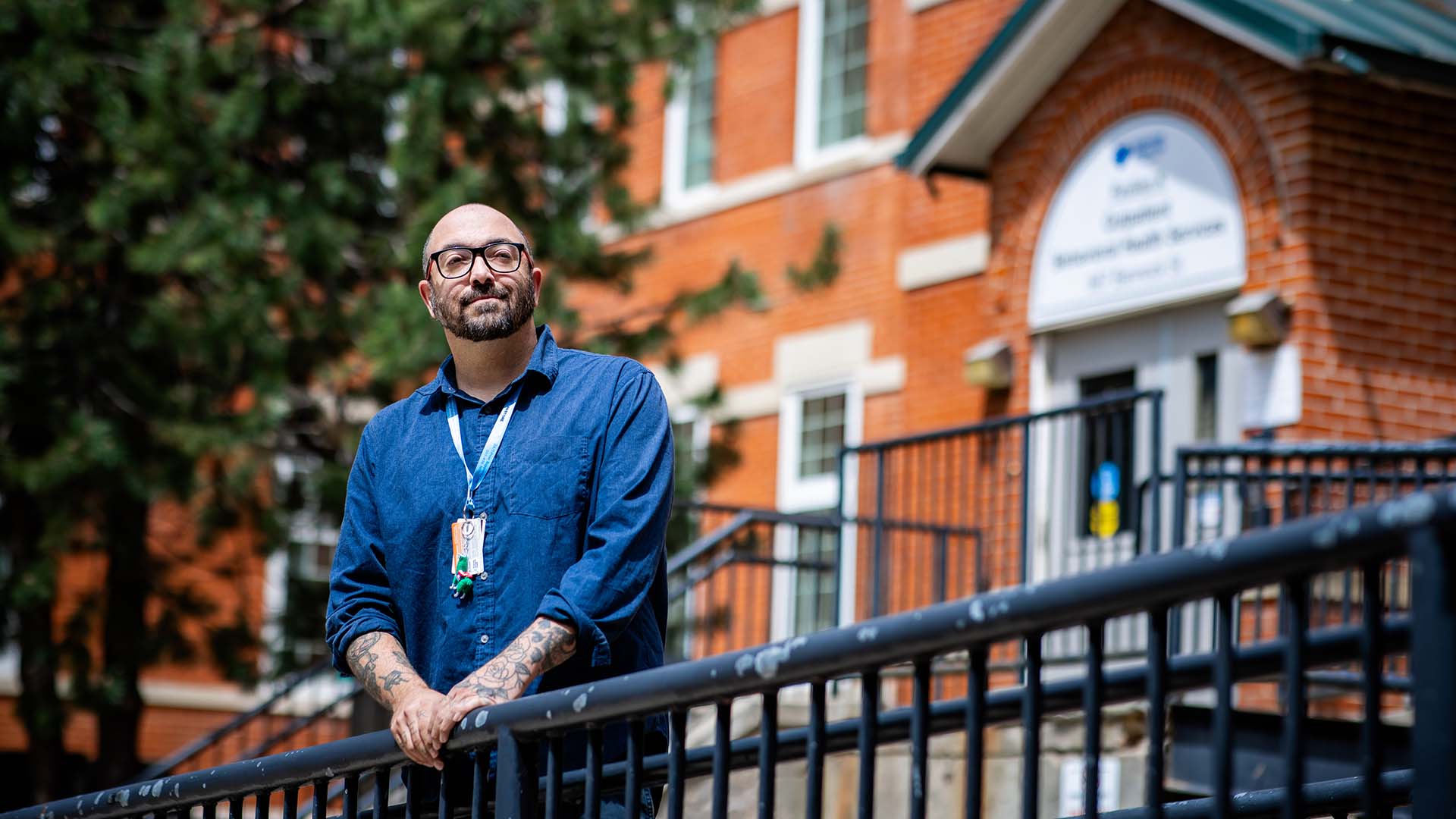
Matthew Bustos never imagined he could afford to pursue a master’s degree in Social Work. After nearly a decade as an addiction counselor at Denver Health, the financial burden of leaving his full-time job for an unpaid internship made graduate school feel out of reach.
That changed when he discovered the Apprenticeship Pathway pilot program at Metropolitan State University of Denver.
“My internship is my job, which is super-helpful — that’s what the apprenticeship does,” said Bustos, who is seeking his MSW to open up new career opportunities.
“I never would have been able to pursue social work or grad school had the internship not been tied in with my work,” he said. “I think there’s a lot of people like me who are not able to access grad school because of that barrier with unpaid internships.”
Bustos is one of 20 students benefiting from the Apprenticeship Pathway at MSU Denver. The program, launched as a first-in-the-nation pilot program last fall, allows students to apply their experience from working full time in a job with a social-work focus in lieu of the standard 16-to-20-hour-a-week unpaid internships, said Jess Retrum, Ph.D., MSSW, chair of the Department of Social Work.
“The difference between the Apprenticeship Pathway and the usual pathway is that they’re going to have much more opportunity to do some of these assignments from the regular coursework in their job,” she said. “The employers want them to advance in their organization. So they’re very motivated to give them all the experiences they need as an employee so that they can learn and grow.”
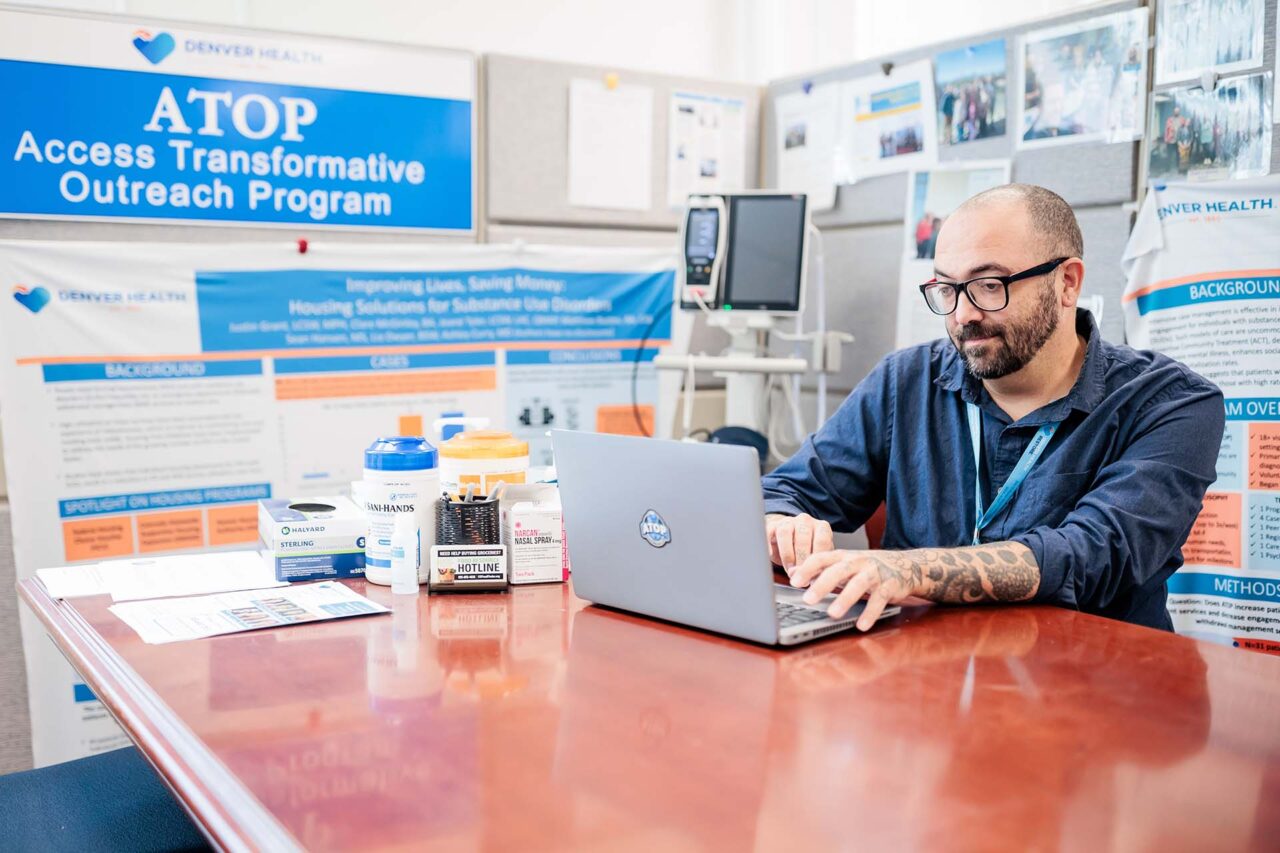
It’s part of Colorado’s broader strategy to address a critical shortage in behavioral-health workers. According to the Colorado Behavioral Health Administration, the state needs thousands more behavioral-health professionals to meet demand, with rural and underserved communities hit hardest by staffing gaps.
RELATED: Mental health care is in high demand — but harder than ever to access
The pilot was launched after Retrum and the BHA were approached by the nonprofit National Center for Apprenticeship Degrees. “They’re trying to really make higher ed more accessible for certain people in the workforce,” she said.
The BHA provides Apprenticeship Pathway participants with scholarship support to help them pay for tuition.
The state agency “really loved how we did our program,” Retrum said. “They just had this affinity for both our mission and our focus, but they also had a deep affinity for our students. MSU Denver has a very unique demographic that we serve. And those were the students they wanted to see in the behavioral-health workforce.”
MSU Denver’s two-year MSW degree, first launched in 2011, was one of the University’s first master’s-level degree programs. The first year includes foundational coursework, while the second year involves more advanced-practice learning. “Internship — field placement — is the signature pedagogy and required for both years of the program” Retrum said.
Students who graduate with MSW degrees have a variety of career pathways available to them, including psychotherapy, case management, administrator or policy lobbyist, she said.
RELATED: Infrastructure bill takes aim at Colorado’s shortage of health care workers
Bustos, who is in the final year of his MSW program, was recruited to the apprenticeship by his supervisor. “It provides a pipeline for social workers to get into places like Denver Health,” he said.
His daily work duties already touch on many aspects of what social workers do, Bustos said. “One of the key things about tying the apprenticeship in with your internship is being able to have collaboration between my supervisor and what I’m doing in school,” he said.
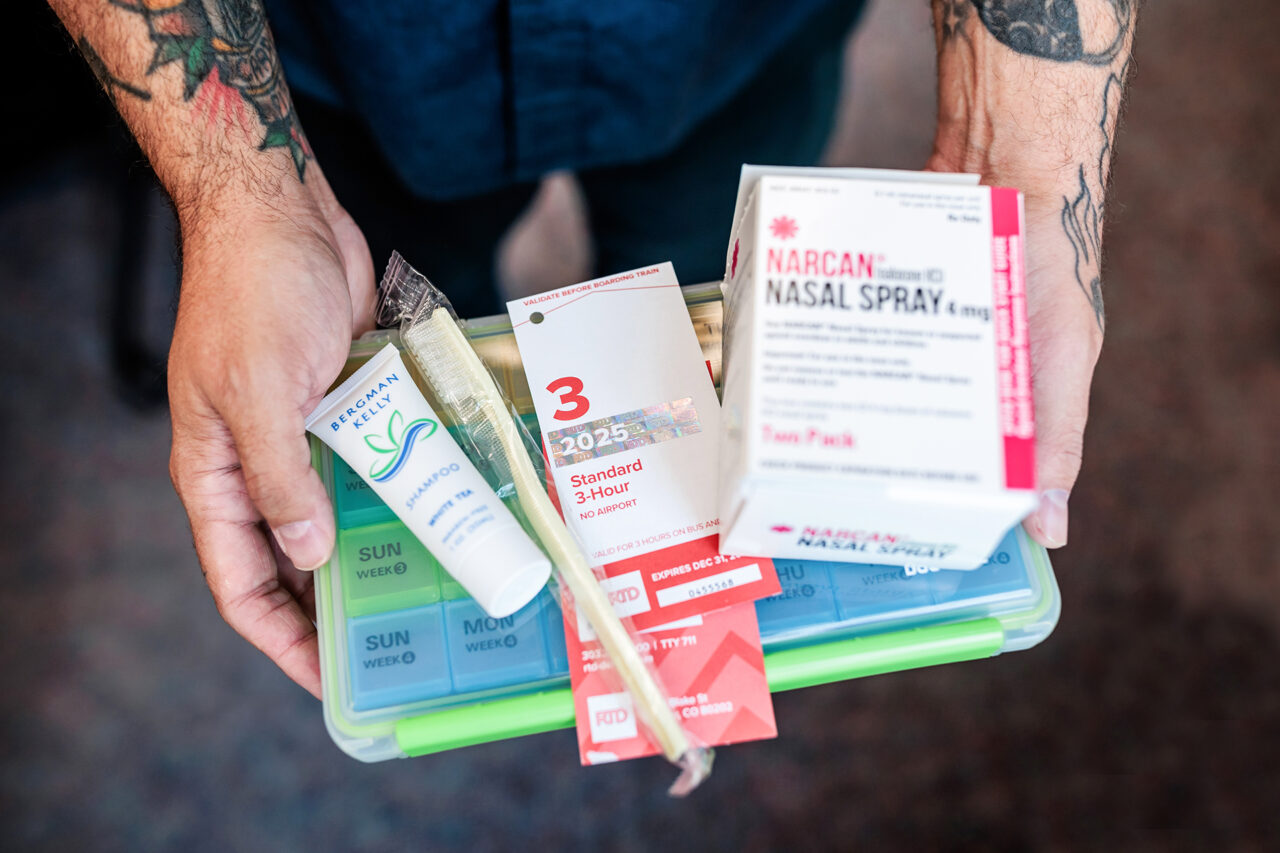
The apprenticeship opportunity for MSW students is complemented by the Front Porch Initiative, a pilot program for MSW graduates who are working toward taking their licensure exams — a process that usually takes two years, during which they must work under supervision, Retrum said.
The initiative, also funded by the Behavioral Health Administration, pays supervisors for their time. “We’re trying to create an opportunity to have supervision where you don’t have access to it,” Retrum said. “Because that also helps address the provider shortage in a couple of ways.
“If you don’t have supervision and you don’t have good support, you’re more likely to burn out. You’re more likely to not do well and just find another career. So it’s important to have available supervisors.”
Retrum originally planned to find contractors to provide the supervision. “But our faculty just fell in love with this idea,” she said. “It’s actually our faculty doing supplemental work to their teaching, providing supervision to our students.”
Retrum is awaiting word on whether funding sources can be found to support the new initiatives to make them a permanent feature of the MSW program. Meanwhile, between 25% and 30% of MSW students have taken advantage of the opportunity for an employment-based internship.
“That just blows my mind,” she said. “It is a sign that our student body was very much in need of this option. Once we opened the door, a lot of students walked through it and said, ‘No, this is really for me. I think this will fit.’”
Learn more about the Master of Social Work program at MSU Denver.


